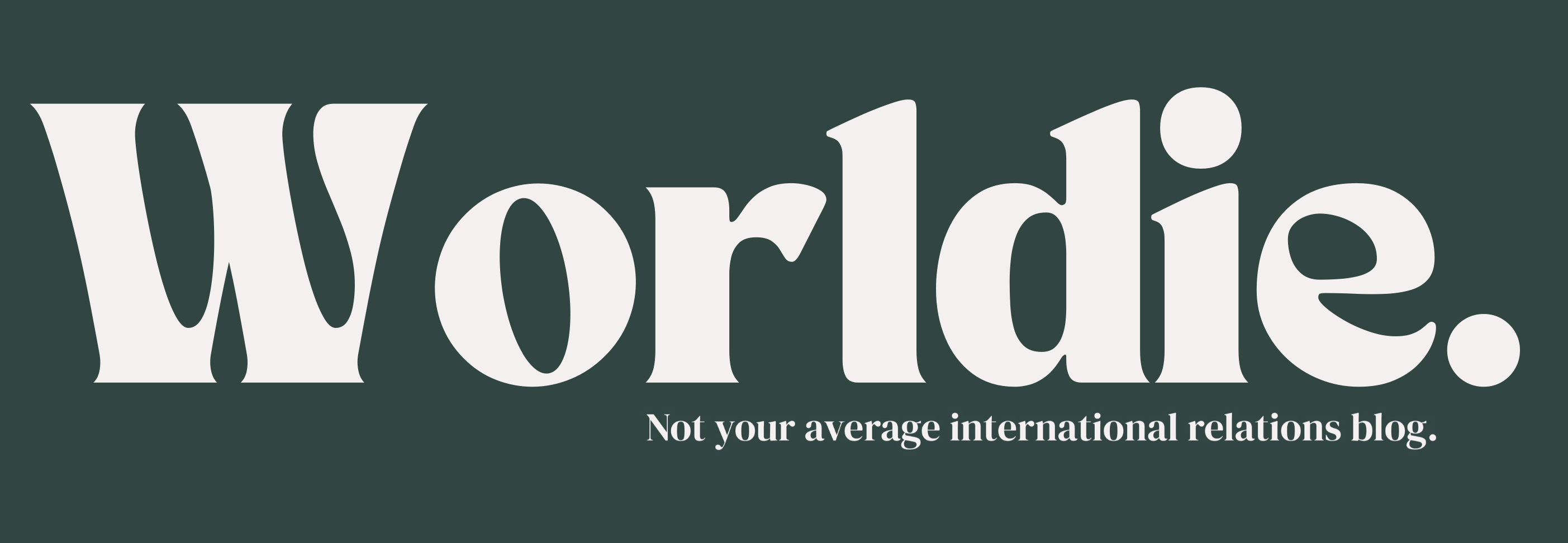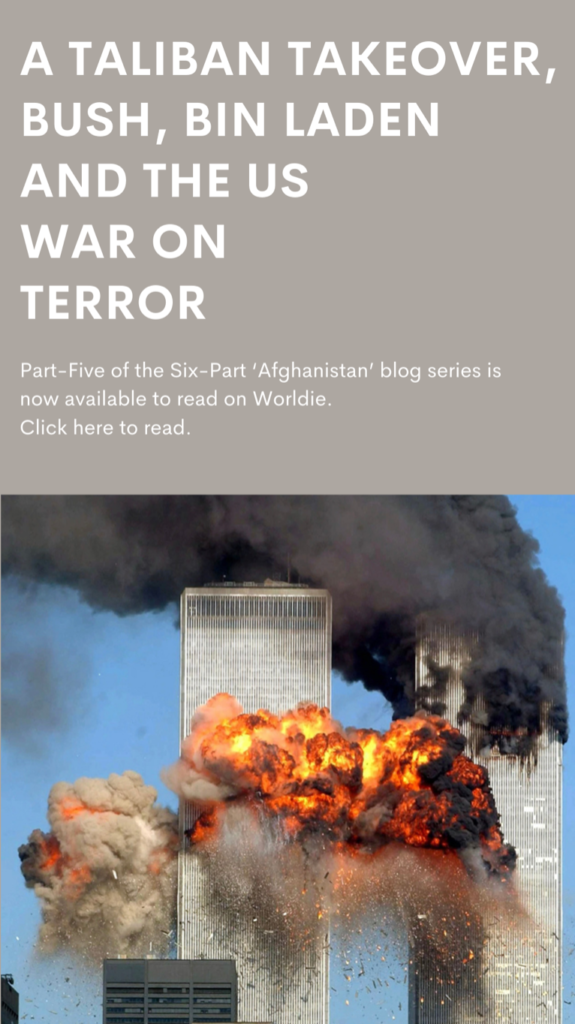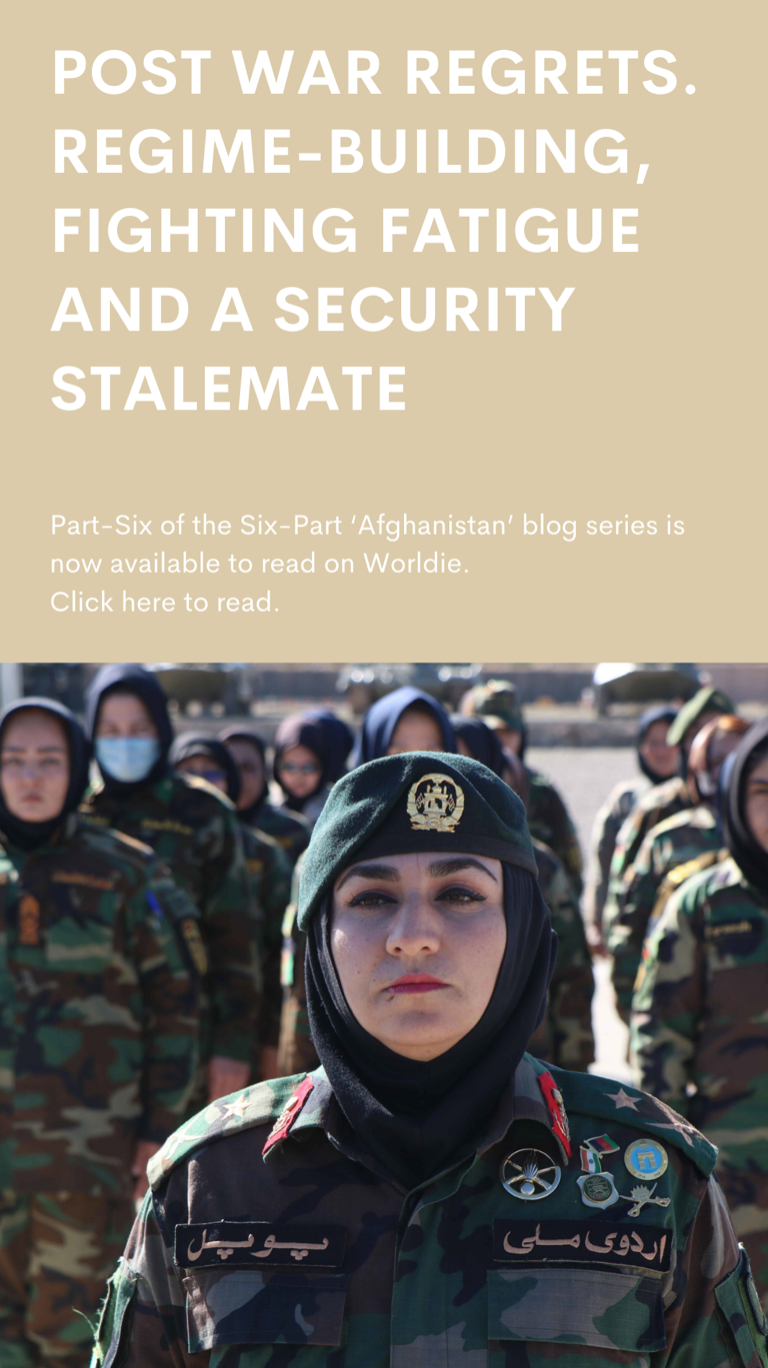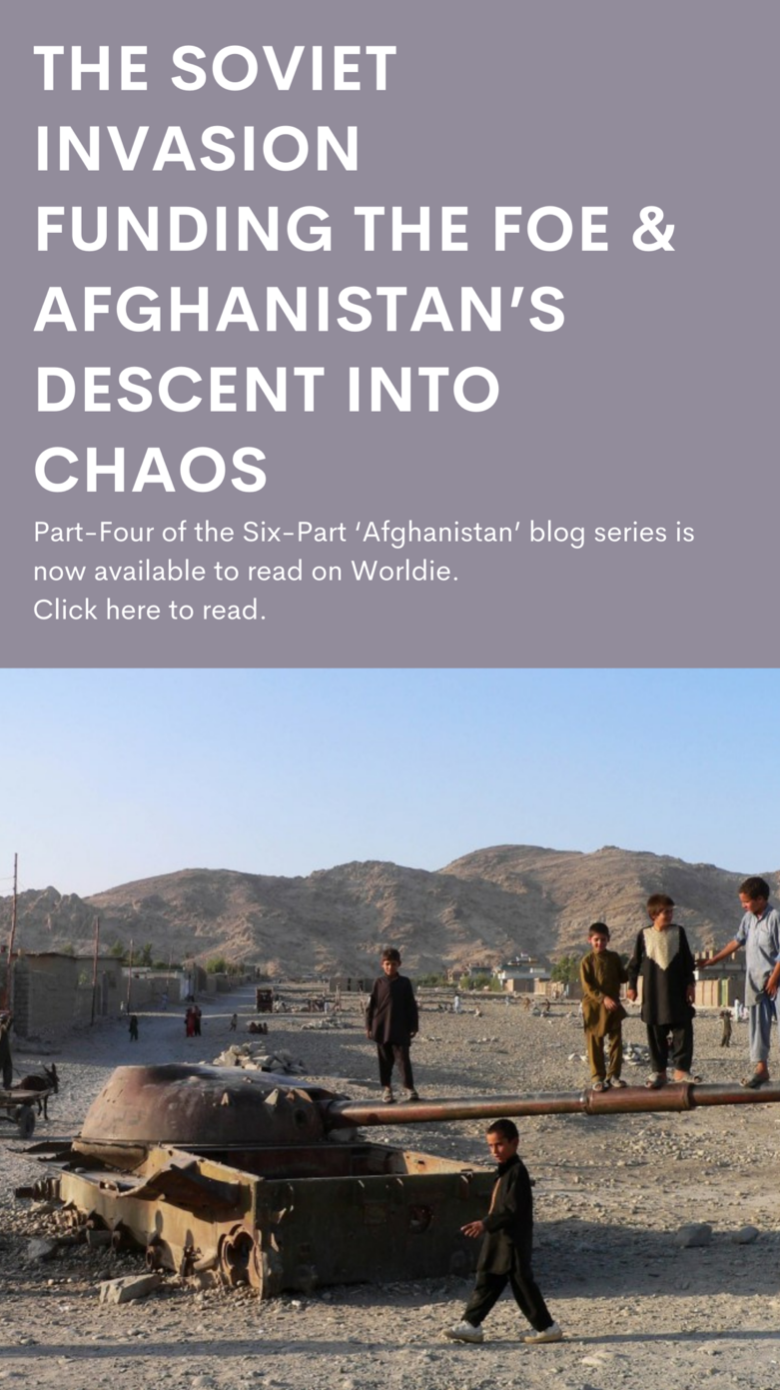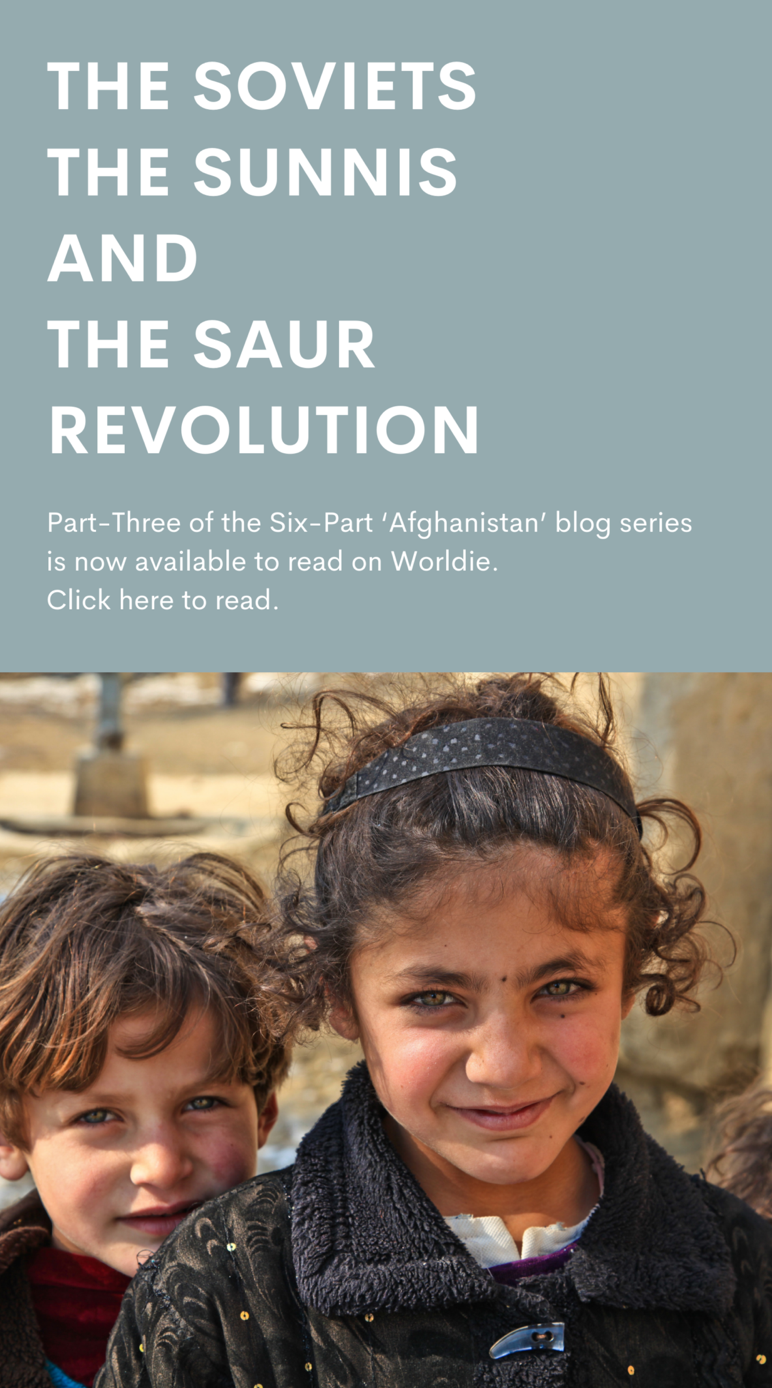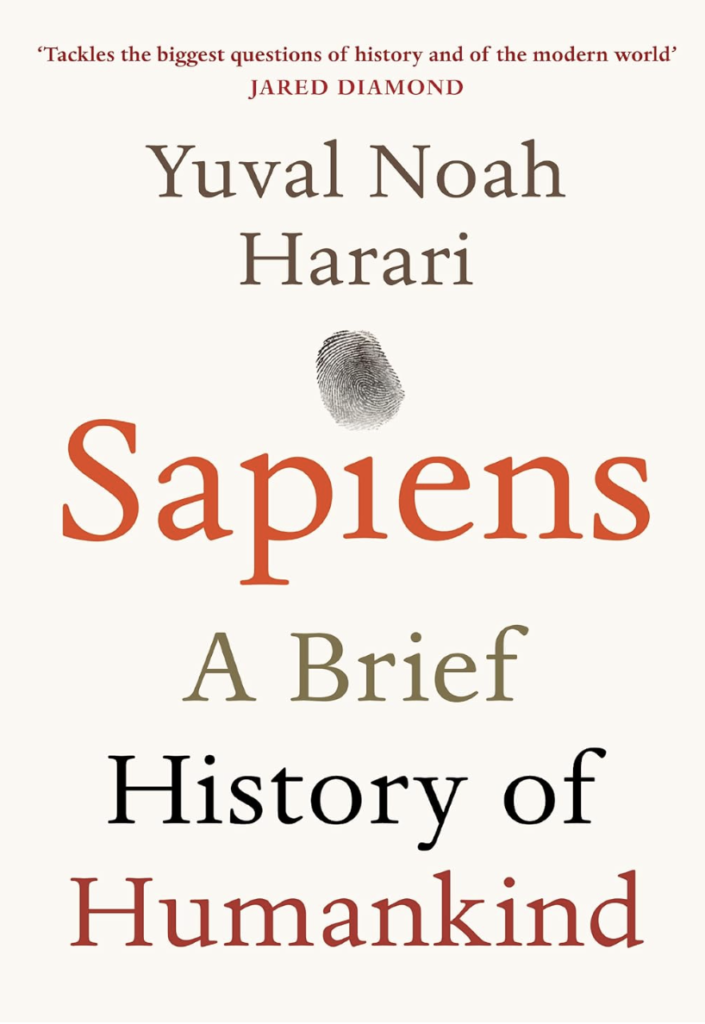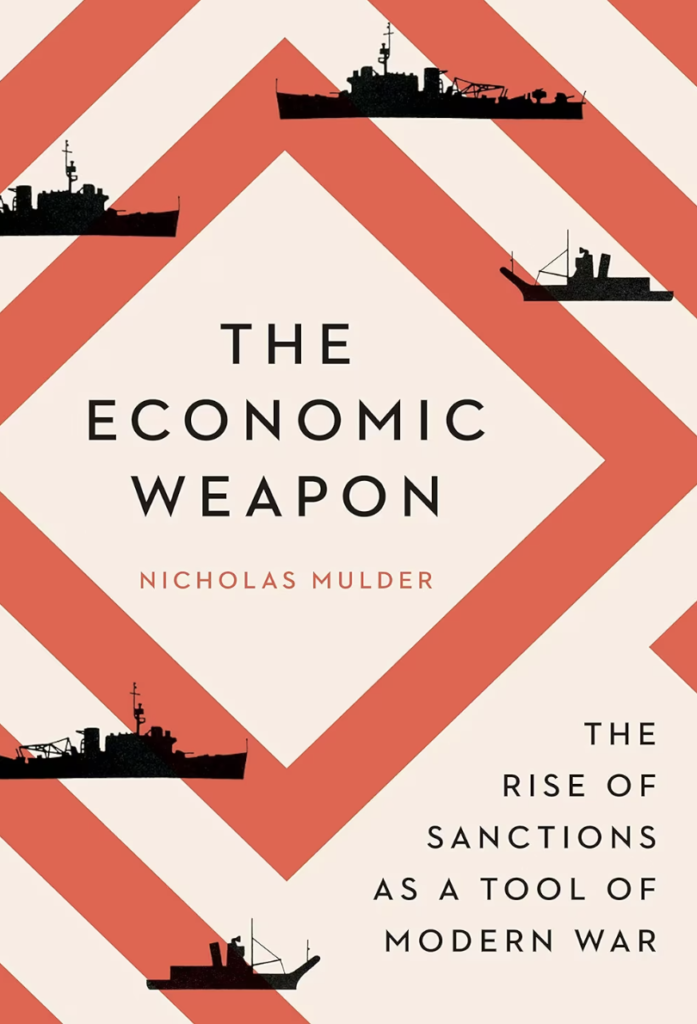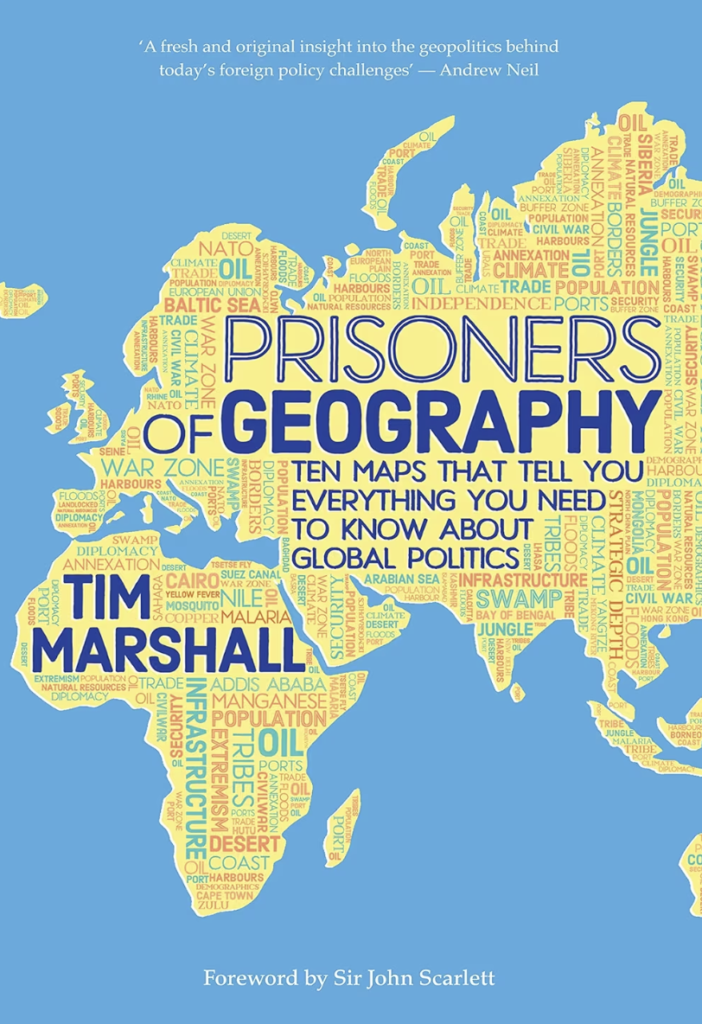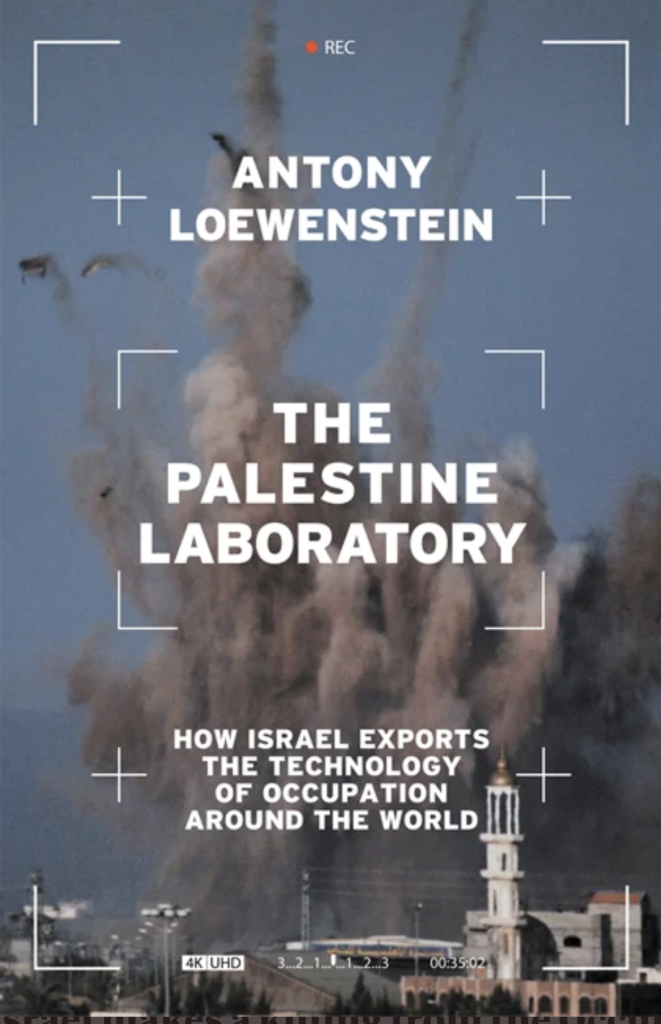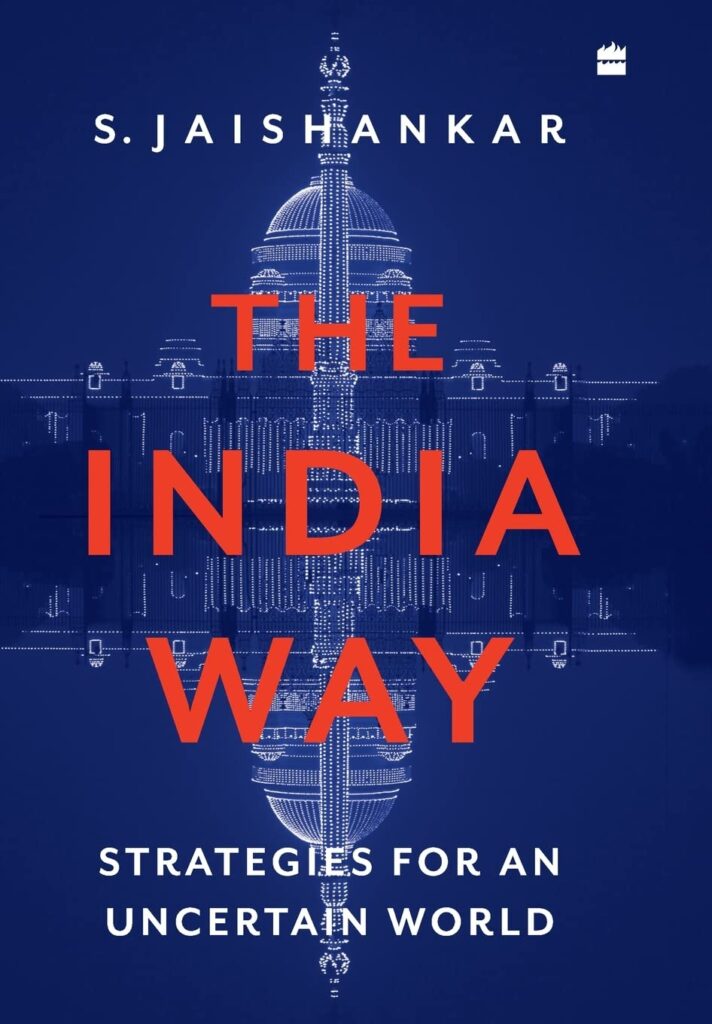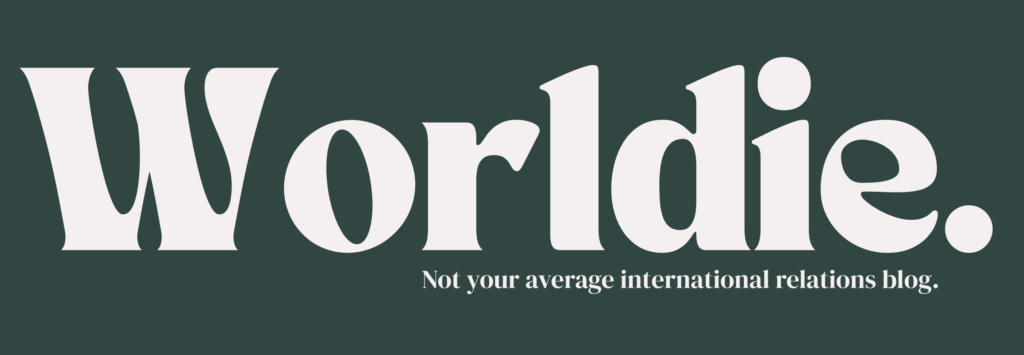A Taliban Takeover, Bush, Bin Laden, and the US War on Terror.
Part five of the Six-Part ‘Afghanistan’ Blog Series
Last week’s blog saw the introduction of the Taliban, a group of old-school veterans who fought against Soviet occupation (but these guys looked down on the mujahidin). By the summer of 1994, the chaos and lawlessness of the Mujahidin finally convinced Pakistan’s Inter-Services Intelligence (ISI) that something had to be done.
The ISI began to supply the Taliban with large amounts of cash and weapons. Eventually, it transformed the Taliban from a small, lightly armed militia into a major military force armed with Russian tanks, artillery, helicopters and even a few MiG jets. Within a matter of weeks, the Taliban ranks had swollen to some 20,000 volunteers. As the military balance of power in southern Afghanistan shifted, many mujahidin commanders pledged their allegiance to the Taliban.
On the 27 September 1996, the Taliban entered the Afghan capital (Kabul) almost unopposed. One of their first acts was to break into the United Nations Development Programme (UNDP) compound and seize ex-President Najib Allah Khan and his brother and driver, whom they proceeded to torture, castrate and drag through the streets behind pickups. Later they were shot and their battered corpses were hung from the traffic lights (savage, I know). Mullah ‘Omar (then leader of the Taliban) sought to legitimize his position as head of not just the Taliban but of Afghanistan and proclaimed Mullah ‘Omar as Amir al-Mu’minin of the Islamic Emirate of Afghanistan.
Once in control of the capital, the Taliban imposed an even more militant version of Islamic law than that introduced under President Rabbani. Religious police, roamed the streets enforcing the draconian rules, forcing attendance at prayers and whipping violators of the new code. The book ‘A Thousand Splendid Suns’ by Khaled Hosseini is set in Afghanistan during the time and although fictional, the book accurately details the laws imposed after the Taliban took control of most of Afghanistan in 1996.
Our watan (nation, country) is now known as the Islamic Emirate of Afghanistan. These are the laws that we will enforce and you will obey.
-All citizens must pray five times a day. If it is prayer time and you are caught doing something other, you will be beaten
-All men will grow their beards. The correct length is at least one clenched fist beneath the chin. If you do not abide by this, you will be beaten.
-All boys will wear turbans. Boys in grades one through six will wear black turbans, higher grades will wear white. All boys will wear Islamic clothes. Shirt collars will be buttoned.
-Singing is forbidden.
-Dancing is forbidden.
-Playing cards, playing chess, gambling and kite flying are forbidden.
-Writing books, watching films and painting pictures are forbidden.
-If you keep parakeets, you will be beaten. Your birds will be killed.
-If you steal, your hand will be cut off at the wrist. If you steal again, your foot will be cut off.
-If you are not Muslim, do not worship where you can be seen by Muslims. If you do, you will be beaten and imprisoned. If you are caught trying to convert a Muslim to your faith, you will be executed.
Attention women:
-You will stay in your home at all times. It is not proper for women to wander aimlessly about the streets. If you go outside, you must be accompanied by a mahram (male relative). If you are caught alone on the street you will be beaten and sent home.
-You will not in any circumstance, show your face. You will be covered with a burqa when outside. If you do not, you will be severely beaten.
-Cosmetics are forbidden.
-Jewellery is forbidden.
-You will not wear charming clothes.
-You will not speak unless spoken to.
-You will not make eye contact with men.
-You will not laugh in public. If you do, you will be beaten.
-Girls are forbidden from attending school. All schools for girls will be closed immediately.
-Women are forbidden from working.
-If you are found guilty of adultery, you will be stoned to death.
The social restrictions were a shock to Kabul but in rural communities, the gender regulations were mostly business as usual, since concealment of women and strict separation of the sexes was the norm. Furthermore, while Afghanistan’s urban populations and the middle classes resented the Taliban’s draconian rules and regulations, the restoration of law and order after the anarchy of the Rabbani era came as a welcome relief. Even educated Afghans, who privately mocked the Taliban as “pa-yi lunch”, or “barefooted hillbillies”, grudgingly admitted that security had improved and that their daughters were less at risk from the rapacity of mujahidin commanders – provided, of course, they conformed to the Taliban’s regulations.
The loss of Kabul was a shattering blow to each of the quarrelling Mujahidin groups. In an attempt to counter the threat of the Taliban, the warring factions of the Mujahidin banded together in a united front rebranding themselves as the Northern Alliance.
In 1997, the Taliban ramped up its violence to assert its power which resulted in fragmentation of parts of Afghanistan. The Taliban rolled into Mazar, the most socially liberal urban centre in Afghanistan. They went from house to house smashing televisions, videos and cassette players and pulling down satellite dishes. Taliban death squads went from house to house castrating men before slitting their throats and leaving the bodies in the streets. In the summer of 1998, the Taliban massacred around 600 hundred men, women and children. They broke into the Iranian diplomatic mission, where they shot dead eight of its members including an Iranian journalist.
Meanwhile, the Northern Alliance put Taliban fighters, who had surrendered, transported to Sheberghan prison in sealed containers. Many of them died en route from thirst and suffocation in what is now referred to as the ‘convoy of death’ (documentary). Human rights groups estimate that hundreds or thousands of them died as a result.
By the end of September 1998 around 90 per cent of Afghanistan was under Taliban control. The complete subjugation of Afghanistan now seemed only a matter of time. Despite the USA not having any formal diplomatic relations with the Taliban government, UNOCAL – a California-based company that was in partnership with Saudi Arabia’s Delta Oil, opened offices in Kandahar and Kabul and began to negotiate with the Taliban for the contract to build the Turkmenistan–Afghanistan–Pakistan (tap) oil and gas pipeline.
UNOCAL gifted the Taliban computers, faxes and other office equipment and trained many of its officials. In December 1997, UNOCAL organised a tour of America for senior Taliban leaders that included a meeting with State Department officials. The combined influence of Pakistan and UNOCAL was a significant factor in the State Department’s lack of concern at the Taliban’s takeover or its puritanical Islamic regime. The State Department even considered reopening its embassy in Kabul. As far as Washington was concerned, the Taliban were not that bad since they had restored law and order, nor was the Taliban’s harsh Islamic order seen as a problem, at least initially. After all Saudi Arabia, America’s most important ally in the Muslim world, imposed even stricter gender policies and regularly beheaded adulterers in public.
Bin Laden & 9/11
In 1996, Osama bin Laden, whom the CIA had noted to be ‘one of the most significant financial sponsors of Islamic terrorist activities in the world, who had been funding terrorist camps in Somalia and recently expelled from Sudan, landed in Jalalabad, Afghanistan in response to a specific invitation by Mullah ‘Omar. As part of his conditions of the sanctuary, bin Laden was told not to engage in subversive actions against America or other foreign nations…
It was not until 1997 that the US State Department adopted a more critical approach to the Taliban, but mostly because the movement continued to provide a haven for ’Osama bin Laden, rather than their shocking human rights record. In August of that year bin Laden, in breach of his promise to Mullah ‘Omar, issued the first of two fatwas (declaration of war) against the United States. In August 1998, in the wake of al-Qa‘ida’s attacks on the U.S. embassies in Kenya and Tanzania, the State Department took a harder line with the Taliban. America demanded that Mullah ‘Omar hand over bin Laden so he could stand trial and the Clinton administration launched missile strikes on al-Qa‘ida based in Khost and Nangahar.
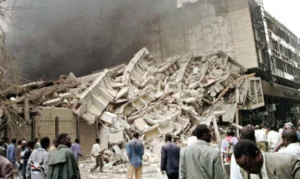
Remnants of the American embassy destroyed by the terrorist attack in 1998 that killed 213 people, mostly Kenyan civilians.
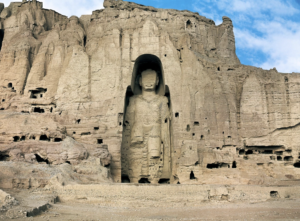
By the autumn of 2001 bin Laden felt he was in a strong enough position to interfere directly in Afghanistan’s internal affairs. On 9th September two Tunisian al-Qa‘ida operatives disguised as journalists were granted an interview with Ahmad Shah Mas‘ud, a prominent Afghan resistance leader AKA the Lion of Panjshir. During their meeting, they exploded a bomb concealed in a video camera, which killed themselves, Mas‘ud and several of his aides. It was the first, but tragically not the last, instance of a suicide bombing in Afghanistan.
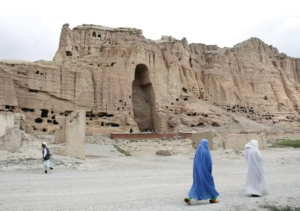
Women walk past the cliffs that once held the giant Bamiyan Buddhas. They were destroyed by the Taliban in 2001.
Two days later, on 11 September 2001, nineteen Arabs, mostly citizens of Saudi Arabia, hijacked four American passenger planes and crashed two of them into the World Trade Center in New York and a third into the Pentagon. The fourth plane, intended to attack the White House, crashed in a field after its passengers bravely fought the hijackers (watch the film ‘United 93’). In all more than 3,000 people died in the 9/11 attacks, including six Pakistani citizens, and thousands more were injured.
After this day, 9/11 changed everything and now there was zero chance of Washington looking to talk with the Taliban. In a speech to Congress shortly after 9/11, President George W. Bush made it clear that if the Taliban did not immediately expel bin Laden and his Arab militias and close down the terrorist bases inside Afghanistan, they would suffer the same fate as al-Qa’ida. President Bush then justified the policy of regime change by mounting a sustained attack on the Taliban’s human rights record, gender policies and Islamic credentials (oh so now you’re bothered, America?).
In an attempt to find a way out of this dilemma, Mullah ‘Omar called a second council of ‘ulama’ in the hope that the shura (leadership council) would legitimise bin Laden’s expulsion. Many of the ‘ulama’ who gathered in Kandahar, however, sympathized with the radicalism of al-Qa‘ida and regarded bin Laden as a Muslim hero rather than a villain. In the end, all the council did was issue a declaration of sorrow and regret for the deaths of 9/11 and offered to persuade bin Laden to leave voluntarily. The conference also called on the United Nations and the Organisation of Islamic Cooperation to undertake a judicial investigation into bin Laden’s role in the 9/11 attacks (i.e. where’s your evidence, bro).
In a secret memo, Donald Rumsfeld, Secretary of Defense, revealed another motivation for the administration’s policy. They were going to make an example of the Taliban government and its leadership to deter other states that might contemplate harbouring terrorists in the future.
On the 7th of October, American and British missiles began pounding al-Qaida and Taliban command centres in the opening gambit of an overwhelming military response known as…
Operation Enduring Freedom.
